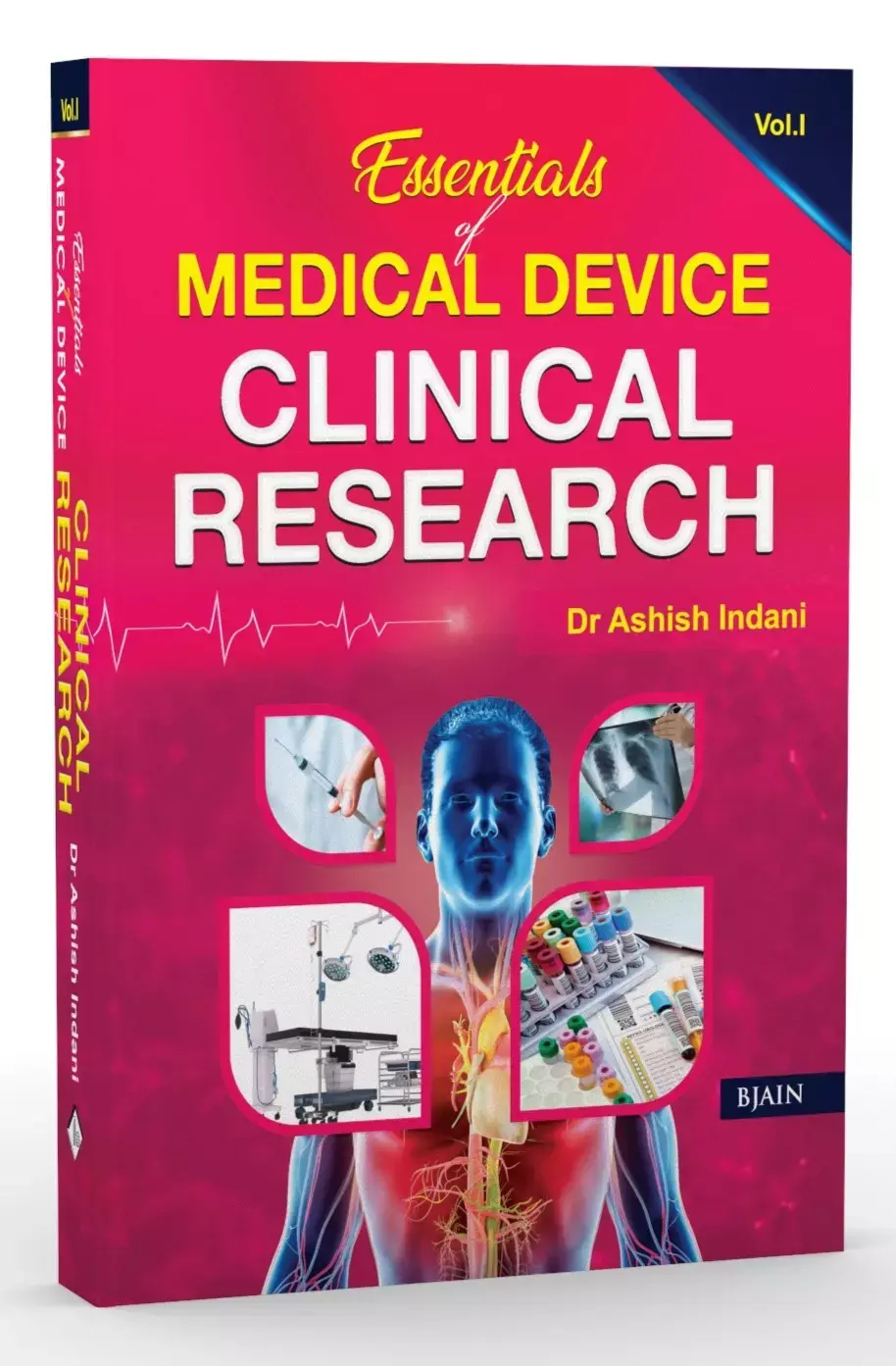- Home
- Medical news & Guidelines
- Anesthesiology
- Cardiology and CTVS
- Critical Care
- Dentistry
- Dermatology
- Diabetes and Endocrinology
- ENT
- Gastroenterology
- Medicine
- Nephrology
- Neurology
- Obstretics-Gynaecology
- Oncology
- Ophthalmology
- Orthopaedics
- Pediatrics-Neonatology
- Psychiatry
- Pulmonology
- Radiology
- Surgery
- Urology
- Laboratory Medicine
- Diet
- Nursing
- Paramedical
- Physiotherapy
- Health news
- Fact Check
- Bone Health Fact Check
- Brain Health Fact Check
- Cancer Related Fact Check
- Child Care Fact Check
- Dental and oral health fact check
- Diabetes and metabolic health fact check
- Diet and Nutrition Fact Check
- Eye and ENT Care Fact Check
- Fitness fact check
- Gut health fact check
- Heart health fact check
- Kidney health fact check
- Medical education fact check
- Men's health fact check
- Respiratory fact check
- Skin and hair care fact check
- Vaccine and Immunization fact check
- Women's health fact check
- AYUSH
- State News
- Andaman and Nicobar Islands
- Andhra Pradesh
- Arunachal Pradesh
- Assam
- Bihar
- Chandigarh
- Chattisgarh
- Dadra and Nagar Haveli
- Daman and Diu
- Delhi
- Goa
- Gujarat
- Haryana
- Himachal Pradesh
- Jammu & Kashmir
- Jharkhand
- Karnataka
- Kerala
- Ladakh
- Lakshadweep
- Madhya Pradesh
- Maharashtra
- Manipur
- Meghalaya
- Mizoram
- Nagaland
- Odisha
- Puducherry
- Punjab
- Rajasthan
- Sikkim
- Tamil Nadu
- Telangana
- Tripura
- Uttar Pradesh
- Uttrakhand
- West Bengal
- Medical Education
- Industry
Comprehensive Textbook on Medical Device Clinical Research Released

Medical devices differ fundamentally from drugs in design pathways, regulatory expectations, and evidence generation requirements. Yet, device studies have historically been forced into drug-centric clinical frameworks due to lack of regulatory harmonization and the vast diversity of device categories. Dr. Indani’s work addresses this gap by compiling device-specific clinical research requirements from start to finish, creating a unified framework for professionals working across the device lifecycle.
The book is structured across four major parts, beginning with foundational concepts such as device classifications, global regulatory pathways, and the scientific differences between drug and device research. It then covers core scientific disciplines that drive device clinical evidence—medical writing, safety, data management, medical coding, biostatistics, and clinical operations—offering a complete understanding of how device studies are designed, conducted, and interpreted.
The final section explores advanced topics shaping modern device development, including Software as a Medical Device (SaMD), data science applications, software quality management systems, software development life cycles, and ISO frameworks for diagnostic and digital devices. It also covers several additional critical areas such as insurance for clinical research, publications, diagnostic devices, and software.
Positioned as the first detailed publication to provide end-to-end device research coverage, the book emphasizes global compliance expectations, quality standards, and practical strategies for conducting device trials aligned with FDA, EMA, and international regulatory frameworks. Through structured explanations and real-world case studies, it equips professionals with tools to navigate complexities in evidence generation, post-market surveillance, and safety reporting across diverse global markets.
The book is intended for clinical research professionals, regulatory affairs specialists, biomedical engineers, device developers, researchers, and students in healthcare and biomedical sciences. Its step-wise approach makes it accessible to beginners, while offering depth and practical insights valuable for experienced professionals.
Speaking about the journey behind the book, Dr. Indani told Medical Dialogues, “When I started my career in the medical device clinical research space, like many others, I carried with me the clinical research principles designed for pharmaceuticals. As I progressed, I began to understand that device clinical science is entirely different from drug research, and apart from ethical principles, very little is the same. Yet there was no single, compiled source of knowledge. What began as a small manual—a simple concept—slowly grew. I sought help from fellow professionals, but everyone had commitments that limited their ability to contribute. So, I decided to follow the principle of ‘ekala cholo re.’ These 12 years have been a roller-coaster journey; every time I completed substantial material and was close to printing, regulatory changes forced us to halt and redo the work. Editors, publishers, and I had to revise everything repeatedly. I am grateful to my colleagues, friends, and especially my family for supporting me throughout this long journey.”
Dr Bhumika Maikhuri is an orthodontist with 2 years of clinical experience. She is also working as a medical writer and anchor at Medical Dialogues. She has completed her BDS from Dr D.Y. Patil Medical College and Hospital and MDS from Kalinga Institute of Dental Sciences. She has a few publications and patents to her credit. Her diverse background in clinical dentistry and academic research uniquely positions her to contribute meaningfully to our team.


